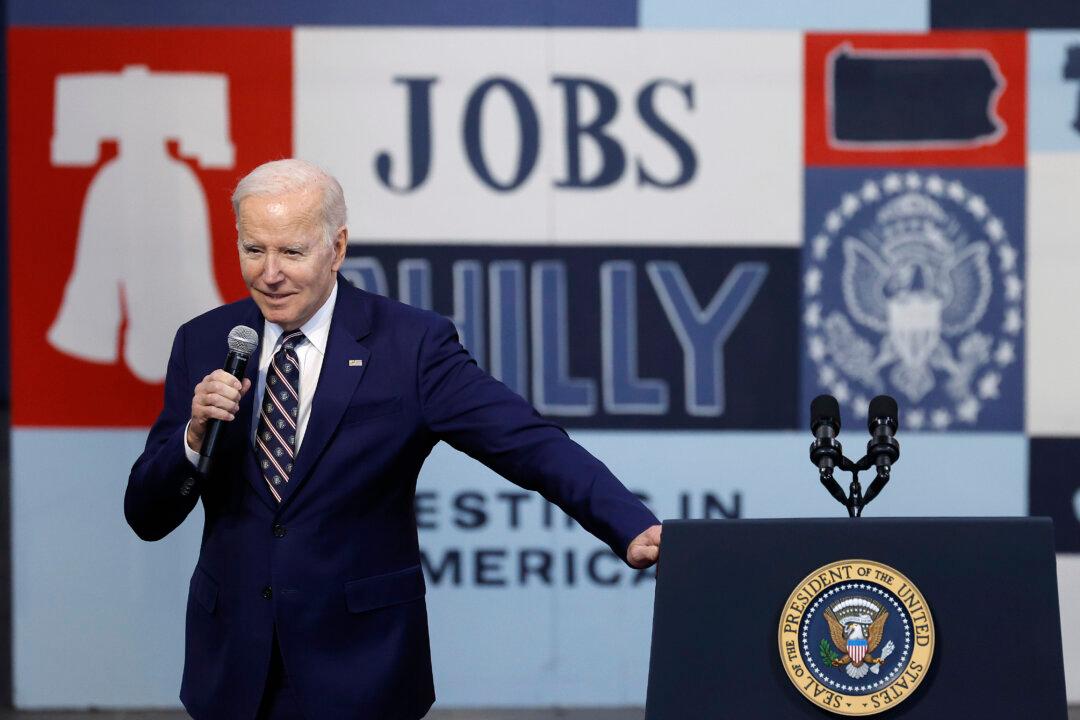The Committee for a Responsible Federal Budget (CRFB) has warned that President Joe Biden’s proposed budget for the 2024 fiscal year would send the national debt to a record high within four years.
“Debt under the President’s budget would grow to a new record as a share of the economy over the next decade,” the CRFB wrote in the March 9 analysis, which estimates that by 2027, America’s public debt will climb to reach its highest level ever as a percentage of GDP.





